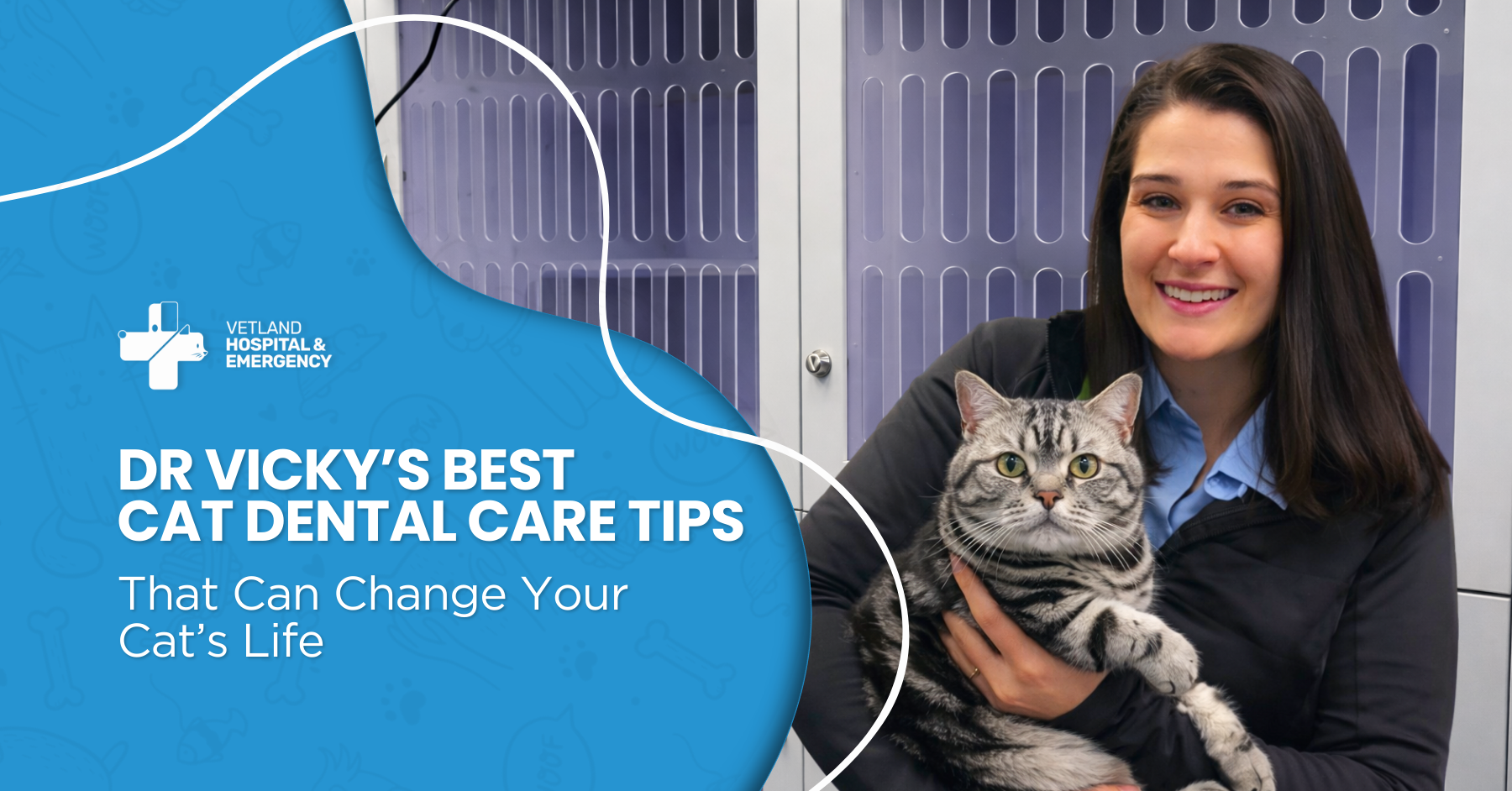Dr Vicky’s Best Cat Dental Care Tips That Can Change Your Cat’s Life
Your cat may be hiding dental pain right now, would you know it? Cat dental care matters for one reason—it hurts.There are no obvious symptoms, but...

Kittens are vulnerable to all sorts of internal and external parasites. A cat’s fur is warm and moist, which is an ideal environment for fleas. Worms, on the other hand, are very common and hiding unseen. Most worms affect the gastrointestinal tract but the heart and lungs can also be affected. Read on for more on these nasties and how to protect your cat from them.
Fleas are extremely common in kittens, and are always looking to spread to someone new. Cats can acquire flea infestations from wildlife, from other pets, or even from a visitor who has their own pets at home. The essence of this is that, even if your cat is only indoors, they are highly vulnerable to flea exposure.
As well as being uncomfortable, causing itching and fur loss, they often carry and transmit flea tapeworm as well. Flea infestations in kittens can be so severe, their blood-sucking can actually cause anaemia.
To protect your kitten against fleas, administer treatment regularly (one, to 3-monthly, depending on the product, see the label for details). A topical product such as Bravecto, for instance, is both effective and convenient.
Worms and kittens go hand-in-hand. Worms are able to anticipate when a queen is pregnant and lactating, and will erupt from their dormancy, passing to kittens through the placenta and milk.
Worms can be transmitted through ingestion of raw meats, faeces from affected animals and fleas.
The most common worms are hookworm, roundworm, and tapeworm. These worms live in the intestines and are a common cause of diarrhoea, bloating, weight loss and vomiting. Cats are also susceptible to heart and lung worms.
Worms are common, and can severely impact your kitten’s health during a time where they should be flourishing and growing. Your new kitten should typically be wormed every 2 weeks until 12 weeks of age. Thereafter, a monthly wormer is required. From 6 months of age, worming should be performed 3-monthly. Always read the label of your preferred wormer.
Parasite control choices can be daunting, there are plenty of options on the market. For the best advice, contact your local, trusted vet clinic.

Veterinarian

Your cat may be hiding dental pain right now, would you know it? Cat dental care matters for one reason—it hurts.There are no obvious symptoms, but...

What makes someone choose a career full of uncertainty, constant learning, and never-ending challenges?

Gentle. Precise. Designed for Comfort.